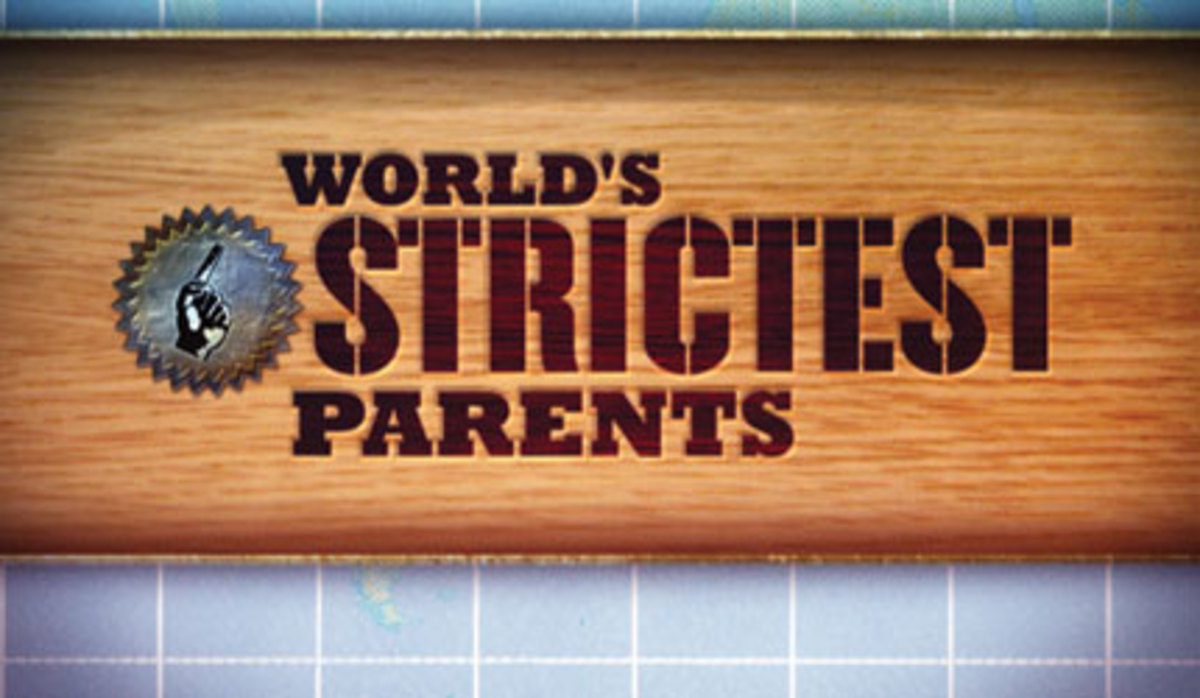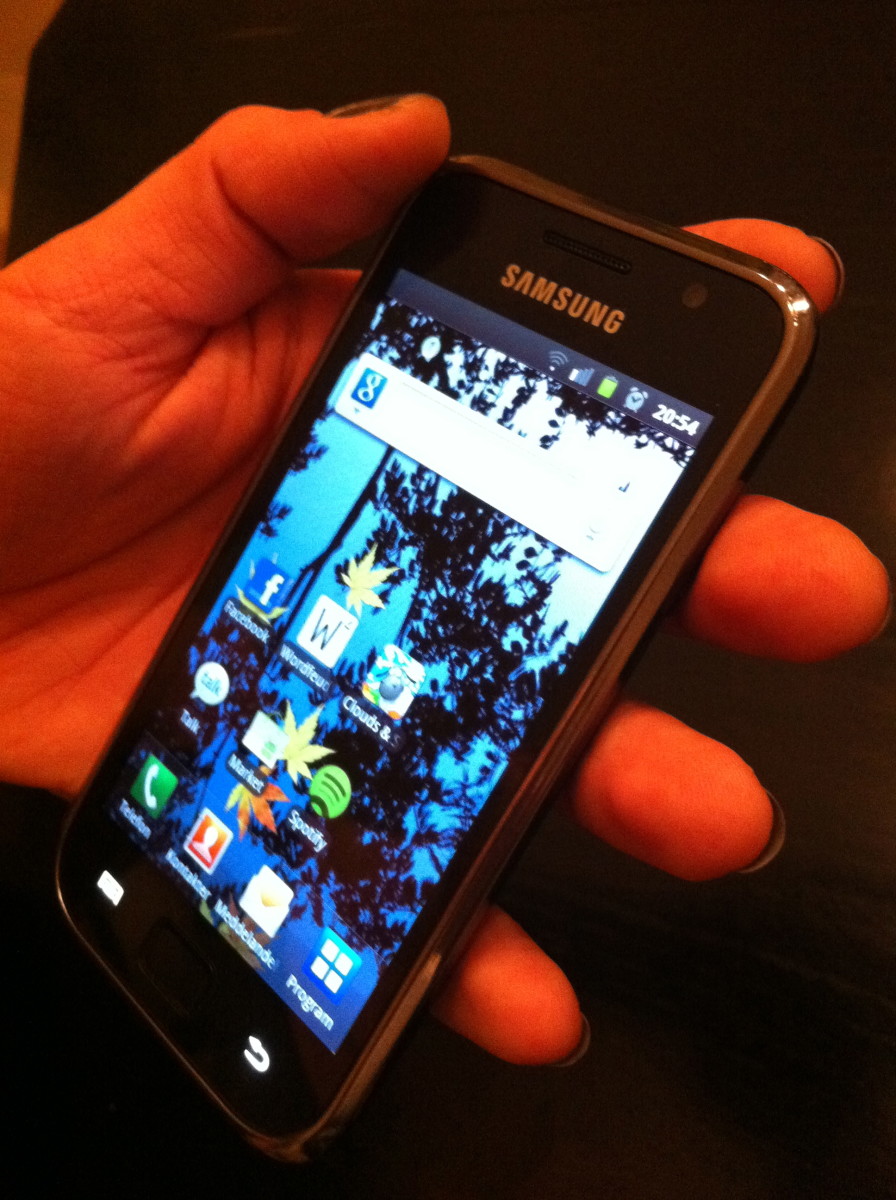Parenting Teenagers

A teen is not an adult. Learning to parent teens is a skill. Welcome to the world of your young adult.
Urma Bombeck wrote a book titled “Motherhood the world’s second oldest profession”. She described parenting disasters in that book and made us all feel a little better about our inexperience. Like so many things in life, parenting falls into a rhythm or routine. We develop fall backs and we learn new skills along the way. Dealing with a teenager has a specific set of challenges that test a parent at every turn. According to Harvard Mental Health, puberty begins the reshaping of a child's brain and teenagers are incapable of making appropriate decisions consistently. While some parents think that teenagers are ready to govern themselves the opposite is actually true. Teens require constant care and direction.
BOYS
We live in a world of myths and those myths work against us on a daily basis. Let us start with; “Boys are easier to raise”. It is a misnomer to think that boys are any less affected by their hormones than girls are at the same age. Boys just like girls have hormones related mood swings. Boy teens rage without warning. They have fits of hormonal rage that result in broken doors, windows, and miscellaneous objects. Boys fight with other teens, get mad, overreact, and behave improperly. While most of these outbursts are short lived and mild, it is still a frustrating experience for parents.
I firmly stand behind the idea that boys need an outlet for their energy well into their twenties. Every teen is different. If they do not play sports then other physical activities such as swimming, bike riding, or hiking are good substitutes. This fulfills a natural need for boys to be active and gives boys a positive outlet for energy. What do you do when boys experience an incredible hulk type episode because you asked them to take the trash out? Remain calm and speak in soft tones, and do not escalate the situation. Usually a calm conversation will bring them back to rational. I have three loving sons who have all had these unprovoked outbursts. They are not violent. I want make that distinction; violent outbursts are an indication of something completely different. This may require help from a counselor of psychologist.
Boys have an awkward phase just like girls. They deal with public opinion at schools and have to make decisions about who they are during this time. Think back to high school, the boys were labeled just like the girls. While some boys handle this well, other boys seem lost in the sea of social objectivity. Let’s face it this can be a cruel age. I have always maintained that the “cool” kids" are usually the kids who make fun of other kids, if you child is the cool kid you might what to have a talk with him or her. I taught my sons that it is more important to have principles and treat people decent than it is to be cool. Some Kids learn this better than others. It is also important to teach children that it is not their job to impress others. Self esteem comes from a child believing in themselves, not what other people think of that child.
GIRLS
Who hasn’t seen a teen girl in a hormonal moment? Moody does not begin to describe the teen girl. They can go from sweet innocent girls to the exorcist with fits of screaming, crying pouting, complaining, and yet they are amazing people. The realization that teen girls have little or no control over their emotions itself does not help the parent, accept that it is completely true. Like boys, girls often do not understand the cause of their emotions any more than their parents. I remember dances in high school as being two things; fun, and full of drama. It seemed like someone always ended up crying in the bathroom at these dances.
How do you handle the hormonal teen girl? You don't. Almost every teen girl has told their mom "I hate you" in a fit over the inappropriate outfit. Girls almost always have things going on they do not discuss with you. A girl having a fit over an outfit may be experiencing ridicule for her outfits at school. A girl who reacts to a slight comment about a grade may be experiencing difficulty with teasing. Then again girls just like boys have hormonal episodes that are completely unexplained. Ridicule from peers has an immediate impact on girls who are emotionally sensitive to the things people say. A cruel comment can send a girl over the edge. The good news is that girls are also resilient at this age and with the proper attention can recover quickly.
WHY AM I HAVING PROBLEMS WITH MY TEEN?
There are a couple of dynamics that work against teen and parent relationships. The first one is that teens start to see their parents faults. Remember when your kids were young and you could hide the occasional argument with your spouse, or maybe they didn't catch your lies ( you know like when you told the neighbor his new car was cool but you hate Fords)? Your teens are starting to see you as a peers. They are growing up and they are starting to see that you are flawed. Have you ever try to tell someone to be better than you? We tell our kids that all the time. They may lie to you and you are so offended yet, they saw you do it. Who is the better person? Number one rule with teens is be honest with them and around them.
Second is that teens are spreading their wings so to speak. That is a tough change for both parents and the teens. A parents first instinct is to protect the child. The teenagers instinct is to pull away from the parent. Parents start to see their control of the child slipping, they panic, and over compensate by being strict. It is tough for your teen to believe you love them if you are constantly yelling and telling them that they are wrong. You need to tell and show your teen that you love them. HUG your kids, let them know you love them and that is why you worry. Teens tend to think parents are jerks. Make sure that your kid knows that you remind them to wear a seat belt because you love them, or that you ask them to be home by a certain time or check in because you love them. This is an important distinction to make with your teen.
WHAT DO YOU DO NOW?
You need to start treating them as if you expect them to make good decisions all the while knowing they won't always make good decisions. Treat them like they are good people. Most of them are good people. They are just going through a tough time. When they make a bad decision discuss what they learned. You might be surprised at your smart kid. Make those lessons count.
Adulthood brings RESPONSIBILITY. All teens should have chores. All teens should know the basics of home and self care. (this doesn't mean you do nothing in your home and they become slaves). Ease your children into responsibilities. It may seem like teenagers are ready to take on adult responsibilities, however, they are still children. Giving a teen too much responsibility can result in an increase in their frustration. Be aware of chore/activity conflict. Teens are most likely to put up a fight when they have made plans and you ask for help last minute. This does not mean that you have to cater to teens, but rather be aware that they are starting to make there own decisions about what they do with their time.
Sit down with your teen and make a list of house rules, a contract that is signed, and created by you and your child. At one point my kids were constantly fighting, we sat down as a family and wrote out a list of rules. Do you know that one of the things my kids requested in that contract was a family game night each week? It's true. Your home is your child's home as well. Find out what they think the ideal "home life" should be. You will be surprised at their answers. My kids didn't want things, they wanted time together and we did that.
It is important during the teen years to reinforce teens positive behavior. Because teen are so busy we do not see them as often. I can remember one of my sons telling me that he felt like I was always mad at him. At the time I couldn't remember being mad at him. The truth was we had a discussion about something and to him it was more emotional than it was for me. I took extra care that week to seek him out and discuss things he wanted to talk about rather than blowing off his perception as wrong.
The best advice I have for parents is to stay close to their teens. The closer you are to your child the more likely they are to tell you the truth and confide in you. You should do things together, like cleaning, or going to movies. Your relationship should not be based on you telling your teen what to do. Your relationship should be based on a love for each other that allows for mistakes. YOU ARE NOT YOUR CHILD'S ENEMY.
It is during this difficult age that children need their parents the most. This is not a time to leave children at home alone for a week, it is not the time to turn them into constant sibling babysitters. The teen years are your last years to spend with your child before they head into a cruel world, make this time count with good times and good memories.
What is my child is already making bad decisions all the time?
Bad decisions? Be careful that you do not turn molehills into mountains.Is your kid making bad decisions or just not great decisions. The last of my sons made it through 10th grade and then refused to finish high school (the last of nine kids). He is head strong and basically insisted they were not teaching him anything. We tried summer school, online school, and continuation school. Finally he told me that he just wanted to take the GED and be done. In all honesty I felt like we failed as parents. I paid for the online school he dropped out of so I told him if he wanted to get his GED that was up to him but, I wasn't going to pay for it. He already taught me that he wasn't serious about school. I can tell you that he still doesn't have his GED however he is living in a condo in Hawaii while he films a movie. We could have dragged this battle out longer, yet I knew his mind was made up. Will it bite him in the rear? Maybe later in life. It was his decision, and it is his life. Was it a bad decision or just a not great decision?
Kids do stupid stuff, it's how they learn. The consequences of their actions should make sense. I will give you a couple of examples; you find out your kids tagged a building, that has an easy consequence. The child now gets to go clean it up or repaint the building. Go with them to do it. Make them clean up more than just their handy work. Maybe you catch your daughter having sex, call a daycare and see if they will let her observe the kids for a few days.Giving a teen appropriate consequences gives them a sense of responsibility for their actions by connecting their actions to the consequence. Parents get this wrong a lot. Parents think grounding or taking things away is a consequence for everything. What do you think will impact your child more having to spend a Saturday repainting a building or getting their phone taken away? Removing a privileged is not a strong consequence. Privileges are not essential to survival and have very little impact on a child's mind.
Consequences are important. The reason the consequences are important is that your kid is going to get away with some things behind your back. For everything you know about there are three you don't know about (you will find out about those at Thanksgiving dinner when your kid is 25). If you don't create appropriate consequences while you have the chance, your kid thinks they don't exist. That is how you end up with criminal behavior.
We moved a lot while my children were growing up. Some of those moves worked to our advantage as parents in terms of distancing my children from bad influences. If your child has fallen into a drug crowd or even one of these brooding sad crowds, I hate to tell you this but your best bet is to get them out of that situation. Teens want to fit in, they want to know that someone understands them. If the person who "understands" them is a bad influence you may have to make the tough decisions. That may be a boyfriend, a friend, it may even be a teacher (hate to say that but we've seen it).
You don't have to stay in one place forever. Often kids gravitate toward people with very little common ground, they just don't realize it. Find out what your kid likes to do and encourage it/participate in it. If your child wants to play in a rock band, that will be their choice in life. The end goal is a happy life. That child's idea of a happy life may be different from yours. You can encourage your child with music or vocal lessons. I had a four sons who took up skateboarding, we traveled around to different skate parks for years. Even thought they never went pro, it was healthy exercise that I didn't have to force them into. I was right there at the skate park with them. I didn't just drop them off.
As parents we tend to marginalize dreams that our children have as unrealistic. Realize that it's not unrealistic or no one would ever do it. Maybe your kid is the next Micheal Jordon or the next John F Kennedy. Someone will be. Might as well be your kid. That doesn't mean to push them. It means you need to encourage them.
The biggest mistake parents make is assuming their child is fine just because the kid isn't showing signs of a problem. Think of your teen like a car, things can go wrong in a car without a warning. So you do the maintenance, you have the car checked out (or in this case have conversations with your kid). Find out their opinions and ideas, those things will help you understand what they are thinking.
It is easy to forget the struggles of being a teenager when you are in your forties. Write down a list of your own teen mistakes. Did you learn form them? Think back to the kids you went to school with, most of them had the same experiences that you see your teen going through now. A little understanding goes a long way. Happy Parenting!
Harvard Health (2005).The adolescent brain: Beyond raging hormones. http://www.health.harvard.edu/blog-extra/the-adolescent-brain-beyond-raging-hormones








